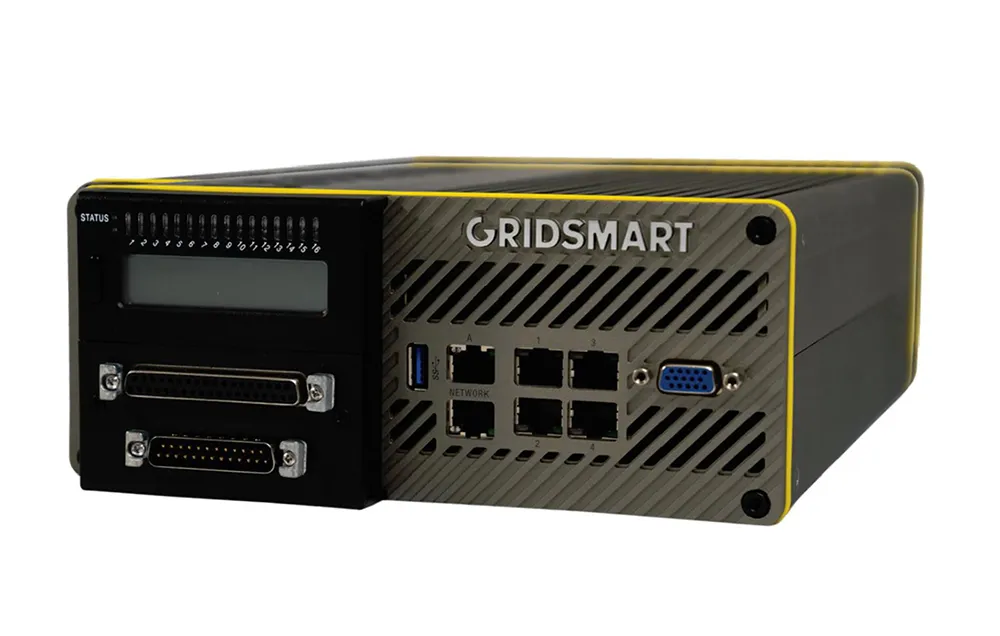
Ford is trialling connected vehicle technology using geofencing in Cologne, Germany.
Running until March 2023, researchers are using two Ford Pro vehicles to analyse the impact of speed limiting to improve traffic flow and reduce the risk of accidents.
Testing with all-electric Ford E-Transit vans extends to all 30km/h zones in the centre of Cologne, as well as in selected 50km/h and 30km/h zones elsewhere in the city.
The trial brings together the Ford City Engagement team, city officials in Cologne and Aachen, and Ford software engineers in Palo Alto, US.
The engineers have developed technology that connects the vehicle to the geofencing system for GPS tracking and data exchange.
The driver receives information via the dashboard display cluster, with the new speed limit flashing below the current speed.
The vehicle automatically reduces speed in line with the geofenced zone - although the driver can override the system and deactivate the speed limit control at any time.
“Connected vehicle technology has the proven potential to help make everyday driving easier and safer to benefit everyone, not just the person behind the wheel,” said Michael Huynh, manager, City Engagement Germany, Ford of Europe.
“Geofencing can ensure speeds are reduced where – and even when – necessary to help improve safety and create a more pleasant environment.”
Ford says its geofencing speed limit control system could enable drivers to set their own geofencing zones at speeds as low as 20 km/h - and that speed limits could also be set dynamically, to take into account local hazards, temporary road works and the time of day.
The manufacturer says the Cologne research is part of broader initiatives using pre-production and prototype Ford E-Transit vehicles in the postal, municipal and utilities services, as well as last-mile and grocery delivery sectors within France, Germany, Italy, the Netherlands, Norway and the UK.








